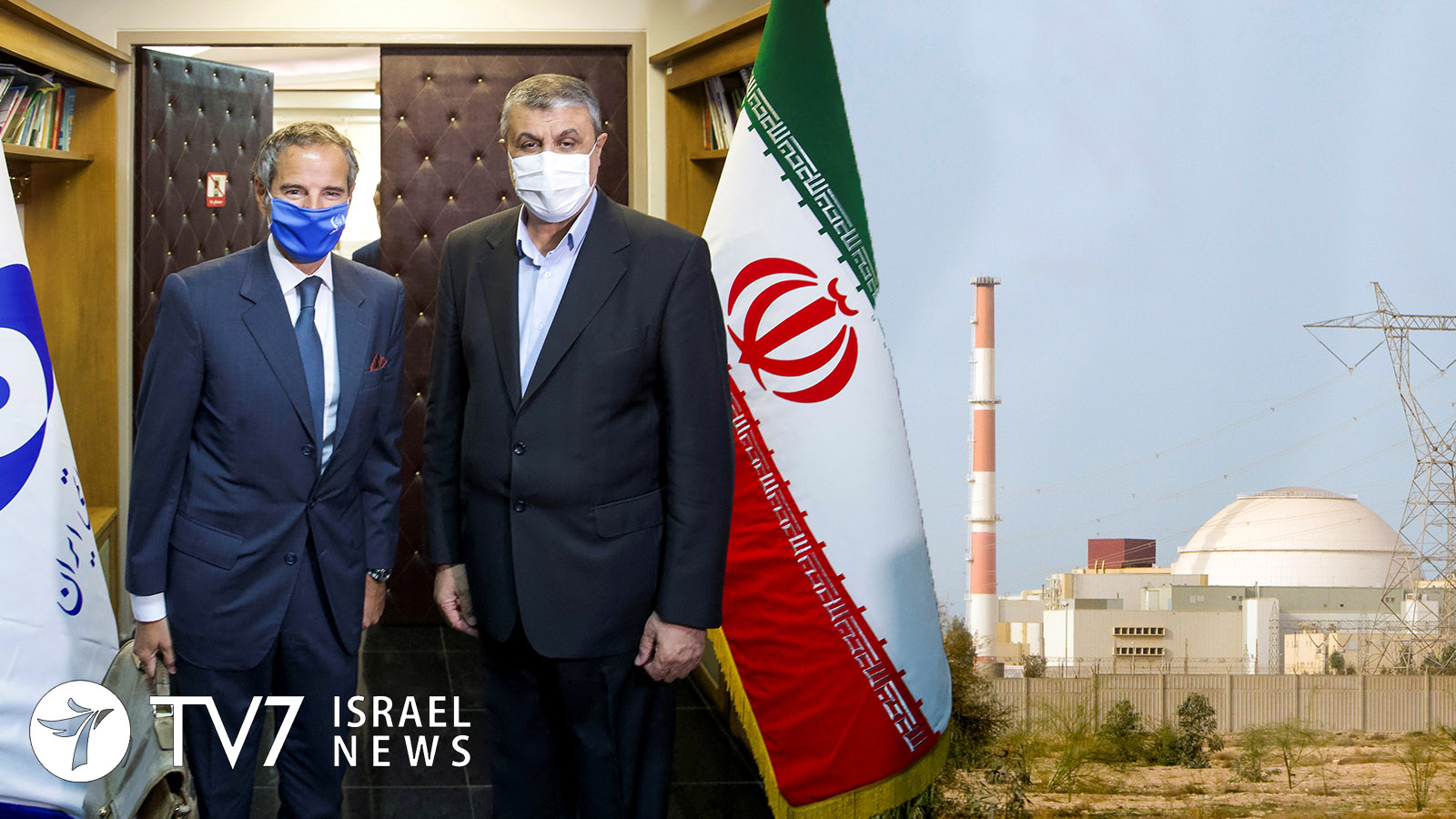Iran headed off a possible showdown with the West by agreeing to allow access by the International Atomic Energy Agency (IAEA) to monitoring cameras at nuclear sites in the Islamic Republic.
By Erin Viner
The breakthrough was announced by both sides after negotiations to try to ease a standoff between Tehran and the West yesterday.
Last week, the United Nations atomic watchdog organization accused Iran of obstructing investigation into its past undeclared activities and jeopardizing inspection in developments that could complicate efforts to resume negotiations to revive the 2015 Joint Comprehensive Plan of Action (JCPOA). In two reports to member states, the IAEA stated there had been no progress on two main issues – explanation for uranium traces found at several clandestine sites as well as access to the monitoring equipment needed to keep track of Iranian nuclear development. The latter issue was urgent because the memory cards needed to replaced to prevent gaps in observation of the manufacturing of parts for centrifuges and other activities. Lack of sufficient data would enable the Ayatollah Regime to produce and conceal unknown quantities of the materials necessary to make nuclear weapons.
“The Agency’s confidence that it can maintain continuity of knowledge is declining over time and has now significantly further declined,” stressed one of the reports, explaining that Iran had denied access to the equipment since 25 May whereas it needed to be updated every three months.
“We agreed over the replacement of the memory cards of the agency’s cameras,” Mohammad Eslami, who heads the Atomic Energy Organization of Iran (AEOI), was cited by Iranian state media as saying. The agreement came after Eslami met with IAEA Director General Rafael Grossi met in Tehran.
European Union Political Director Enrique Mora, who is coordinating negotiations to revive the JCPOA, called the move “a positive step towards ensuring continuity of knowledge on Iran’s nuclear program.” He later wrote on Twitter, “Gives space for diplomacy. I appreciate the efforts.”
Tehran responded to the United States withdrawal from the JCPOA and re-imposition of sanctions by former President Donald Trump by openly violating restrictions on its nuclear activities.
Indirect talks between Washington and Tehran about returning both sides into compliance with the deal have not resumed since hardline Iranian President Ebrahim Raisi took office last month.
Israeli Prime Minister Naftali Bennett said in televised remarks yesterday that the IAEA reports “were the official stamp on what we have been saying for a long time already: The Iranians are advancing unobstructed on the nuclear (weapon) project.”
